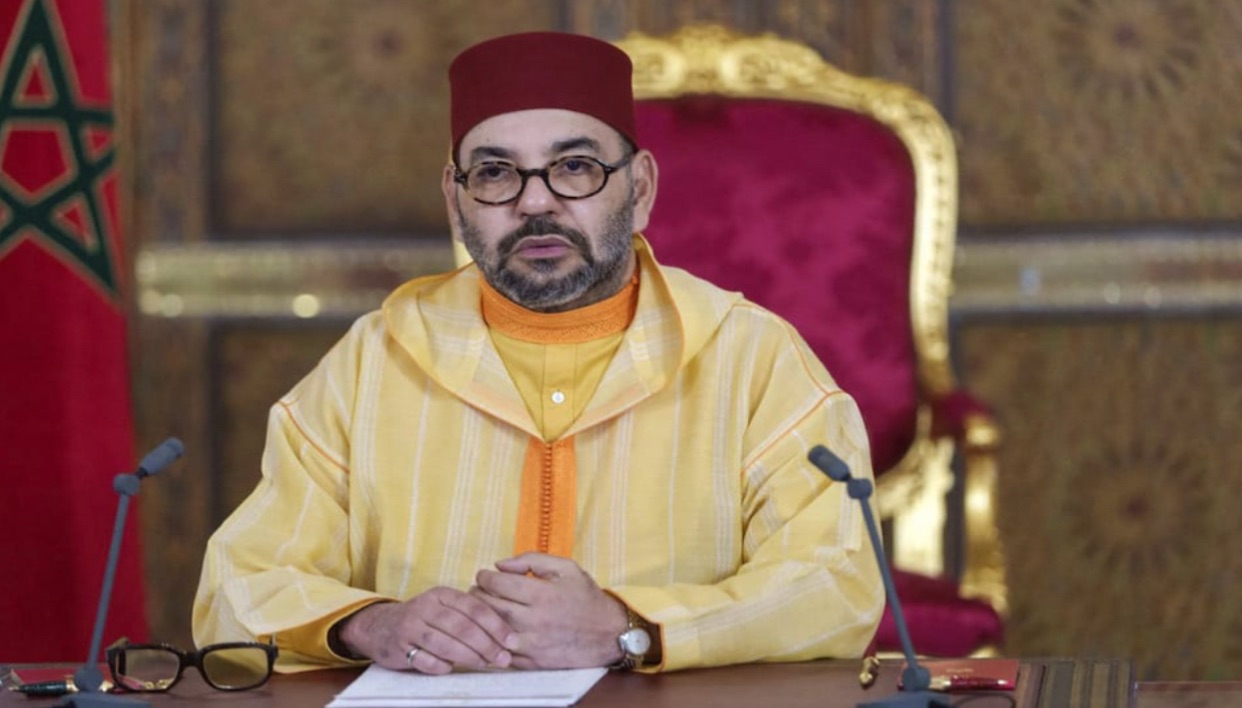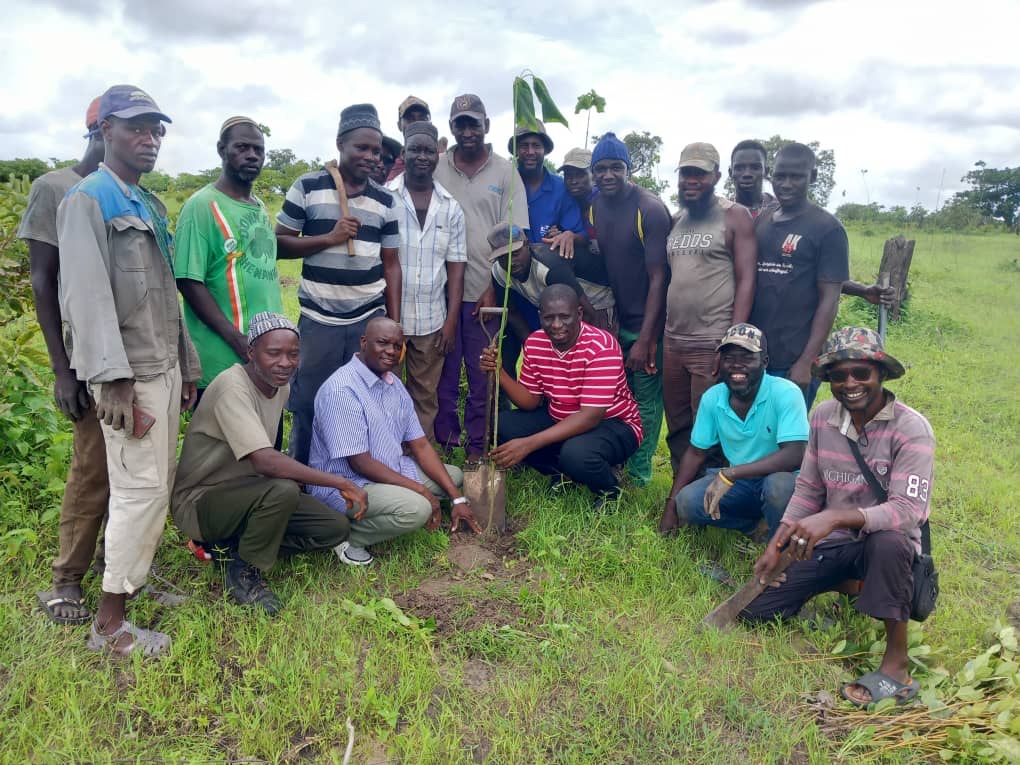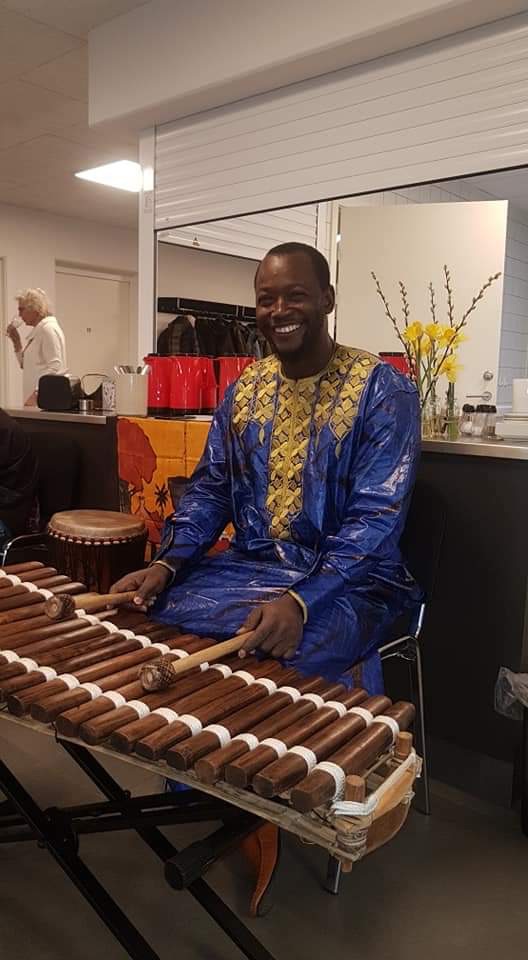Transitional justice in Morocco, symbol of a qualitative turning point in the national political process, offers all the features of a unique and pioneering experience that paved the way for a smooth and consensual democratic transition and allowed the adoption of best practices to move towards the completion of the rule of law and institutions, the Sovereign stressed in a Message addressed to the participants in the International Symposium on “Transitional Justice”, opened this Friday, December 6 in Rabat.
“Thanks to this experience, which has been widely and strongly acclaimed internationally, Morocco has played a pioneering role in introducing the concept of transitional justice in its Arab and African environment, and in relaying it resoundingly in many countries of the Middle East and North Africa,” stressed HM King Mohammed VI in his Message, read by the President of the National Human Rights Council, Amina Bouayach.

The Moroccan model has significantly contributed to the development of the concept and experiences of transitional justice, which it has propelled towards new horizons at the regional, continental and international levels, continued HM the King.
The Sovereign recalled that the model of transitional justice adopted by the Kingdom was solidly built around a set of considerations, some of which are historical insofar as they draw on the specificity of the Moroccan personality, and others geographical and territorial.
The primary objective of this model was to “focus interest on all victims, all backgrounds and all persuasions combined, and to examine all human rights violations, perpetrated since the early years of Independence until the date of creation of the Equity and Reconciliation Commission,” HM the King said.
This action made it possible to identify and analyze each type of violation that Morocco has experienced in the past, regardless of its nature and extent, noted the Sovereign, recalling that investigations and field surveys were conducted for this purpose and public hearings were organized, in cities and villages, in order to collect the testimonies necessary to establish the truth, to repair individual and collective harm.
“Undertaken in accordance with the gender approach, this work ultimately aimed to reconcile the Moroccan people with their past,” recalled HM the King. And the Sovereign added that the most distinctive feature of the Moroccan experience was the involvement of all sensitivities of civil society in the transitional justice process, from its conception to its completion.
“Indeed, thanks to the decision to implement transitional justice, the public space was opened to societal debates on the various reforms and substantive issues of interest to national public opinion,” assured HM the King, noting that thanks to multiple and continuous initiatives for the promotion of transitional justice, a collective awareness has strongly crystallized around the fight against human rights violations.
From this experience, lessons have been learned and the necessary pursuit of the consolidation of the rule of law has been reaffirmed, so that rights and freedoms are respected and protected and provided that their exercise, responsible and imbued with a spirit of committed citizenship, is balanced with the fulfillment of obligations, the Sovereign noted.





